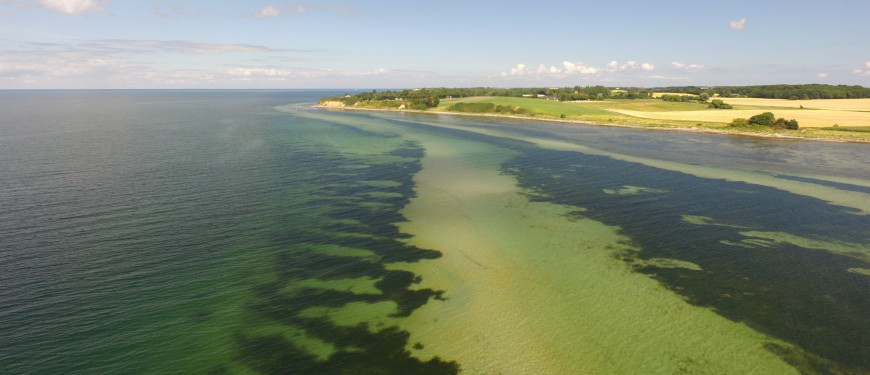We investigate the ecosystem functioning in coastal lagoons, fjords, and estuaries. The investigations typically focus on seagrasses meadows, saltmarshes, mangrove forests, sandy beaches, as well as sandy and muddy intertidal flats. We study sediment biogeochemistry, cycling of C, N and P, green-house gases emissions and C budget of the abovementioned marine ecosystems. The effect of physical stress and sediment resuspension in coastal areas is evaluated by field observations and ecological models. We employ biodiversity assessments of benthic flora and fauna to follow environmental conditions and ecological state of marine ecosystems after disturbances or restoration approaches. Furthermore, we study food-webs and the role of biogenic structures such as roots, rhizomes and burrow structures on nutrient regeneration and carbon sequestration. In our research, we apply set-ups combining various methods within experimental ecology. These include specifically designed laboratory experiments and in situ surveys using sensors, tracers, stable isotopes, drones, and ecological modelling.
Ongoing research projects:
- Gyldensteen Strand- investigating carbon cycling, nutrient budgeting, green-house gases, flora and fauna succession after managed realignment.
- Sund Vejle Fjord - restoring good ecological conditions in Vejle Fjord.
- Interreg CONTRA - Baltic beach wrack - conversion of a nuisance to resource and asset. Environmental assessment of beach wrack in Nyborg and Køge.
- Nordsalt - Biodiversity-climate interactions in Nordic saltmarshes.
